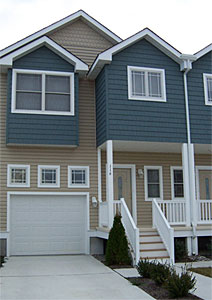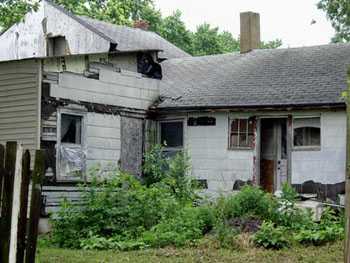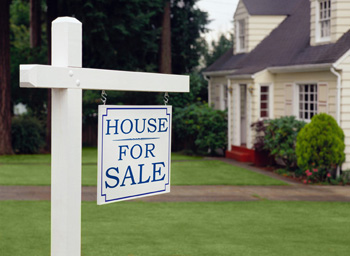
Townhouses often become the happy medium between a detached house and a condominium because they offer some features of both. A townhouse is a house that is attached to two or more other houses but stands on a piece of land that you yourself can own. There’s more than one kind of townhouse structure available; some are simple, as in the case of a duplex or a triplex, while larger townhouse communities offer amenities and common areas like a park or a swimming pool.
The advantage of getting a townhouse is that there’s a lot less for you to maintain in terms of its exteriors and repairs. Having your neighbor so close to you also increases the level of security.
On the other hand, you’ll have to pay Home Owner Association fees if you want to enjoy the amenities and facilities of the neighborhood. Compared to single family homes, townhouses also offer less privacy. If you want to change the exterior of your house, your options are very limited since the Home Owner Association will probably put restrictions onto modifications you can make.
A townhouse may be the perfect dwelling if you want to have your own space but not have to worry about maintenance. Townhouses are also ideal for new families with small children or the elderly. If you want community-style living but don’t want to stay in an apartment and have your neighbors below, above, and right next to you – consider investing your money in a townhouse.



